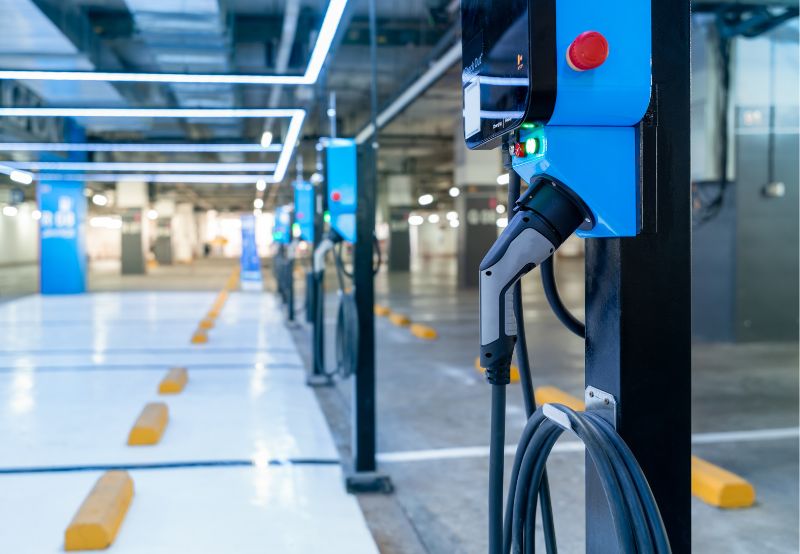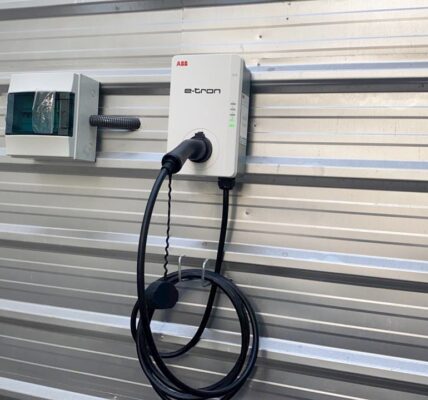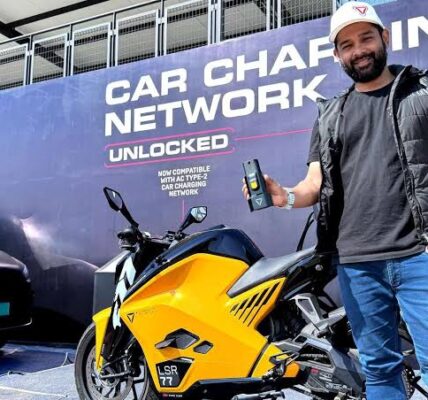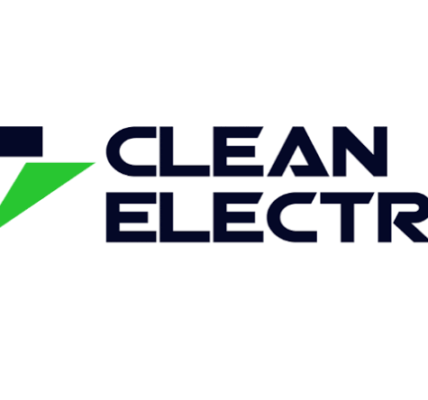EV users will pay 30% less than the ruling tariff to charge vehicles during solar hours
The Kerala State Electricity Regulatory Commission (KSERC) has approved a time-of-day tariff for electric vehicle (EV) charging stations during solar hours, from 9 AM to 4 PM, which will be 30% lower than the ruling tariff.
This update aims to encourage EV users to charge their vehicles during solar hours. The tariff during solar hours is 0.7 times the average ruling tariff, while the tariff during non-solar hours is 1.3 times the average.
The Commission also approved single-part tariffs for EV charging stations with exemption from fixed or demand charges.
EV charging stations will be allowed to adjust the energy exported from the solar installations between 9 AM and 4 PM against the electricity imported within the same timeframe during a billing cycle without any charges, including fixed and grid support charges, energy adjustment, etc., until further notice.
The electricity exported during non-solar hours will be adjusted against electricity imported during this period in a billing cycle without any charges, including fixed and grid support charges and energy adjustments.
If surplus solar energy is exported during solar hours that has not been utilized for offsetting imports in the same period, this surplus can be used to offset imports during non-solar hours.
However, this cross-time adjustment is subject to a conversion factor. For every 13 units of surplus solar energy exported during solar hours, only seven units can offset imports during non-solar hours. This adjustment will also incur no additional charges.
Any surplus energy at the end of the billing period after the adjustments mentioned above will be banked and carried forward to the subsequent periods up to the settlement period (April 1 to March 31). This surplus can be used for adjusting against the energy consumption on payment of 5% banking charges of the total energy banked and grid support charges.
Any net surplus energy from solar may be settled at the average pooled power purchase cost or other rates approved by the Commission.
EV charging stations with solar systems can also install a battery energy storage system to store the surplus available solar power.
The Ministry of Power released guidelines for installing and operating EV charging stations. According to the guidelines, any entity can establish a charging infrastructure, and setting up and operating EV charging stations is a de-licensed activity.
Subscribe to Mercom’s real-time Regulatory Updates to ensure you do not miss any critical updates from the renewable industry.







